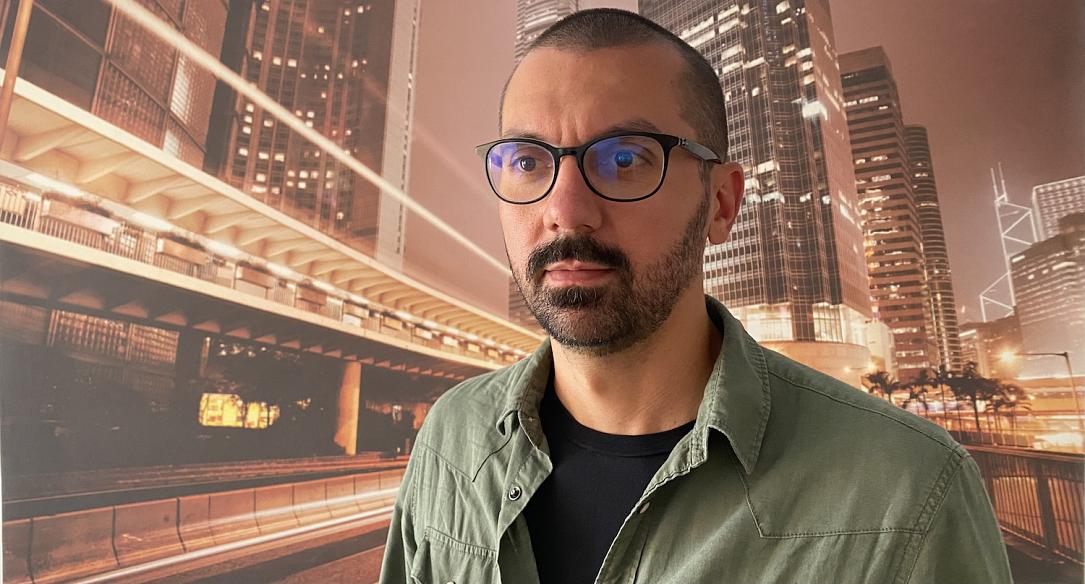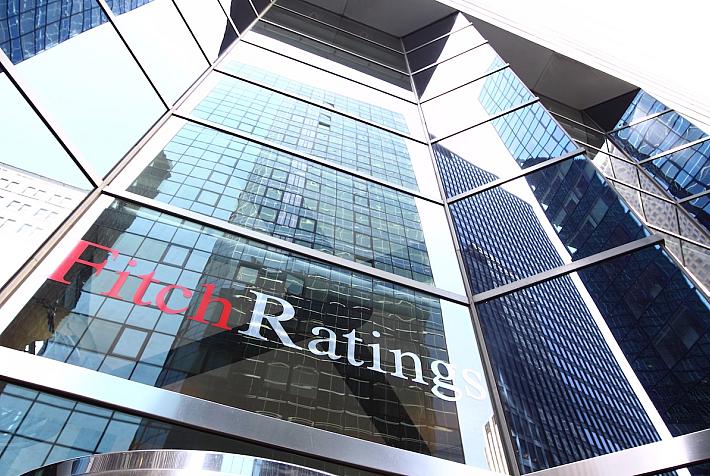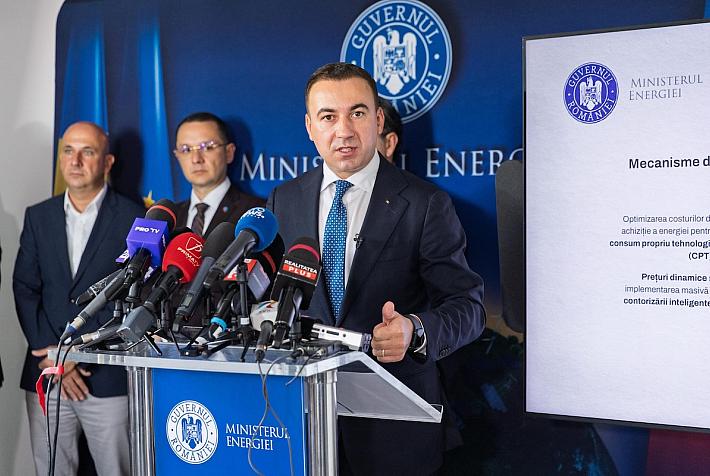Native content supported by Fortech Investments.
3 red flags that make VCs pass on your start-up even before the first meeting

You rarely get a second chance to make a good first impression. This also applies in the start-up world, especially when dealing with VC investors. Even more so, in the early stages, VCs bet a lot on the founding team, since there isn’t much revenue, so even the slightest red flags from the founders can make them pass. Even if the start-up has a good product in a big market where they can scale, they don’t get to present those to investors if they show any of the “red flags” I will discuss below.
As an Investment Associate at Fortech Investments, I am the one to take those initial meetings. I’ve seen these red flags in founders and I want to show you what they signal to VCs so you know how to deal with them or solve them completely.
Red flag #1 – The Founder has too many side projects or the start-up is a side project.
Don’t get me wrong. It’s not like a founder can be fully committed to their venture from the start. Some have jobs, some have other projects. They need to make a living and can’t bet it all so early. But when there are too many other things on the founder’s plate, I just can’t see how he can commit enough to scale this venture so we can all see returns.
Ideally, the side projects of the founder complement the work they do for the start-up. Things like mentoring, social projects, or other types of work in the same industry. Make sure to mention these to VCs and highlight how they are an asset for the start-up.
Red flag #2 – The start-up's cap table is messy
The cap table is more than a financial document. It tells the story of your start-up. I often look at cap tables to see if the founders are motivated enough to take their business as far as we’d like to, by owning enough of their company.
I also look to see if there is any dead weight (previous investors who don’t add value) or dormant founders (ex-founders who still own equity). These things raise questions – why did they leave? Why do they own this amount? While they might all have a valid reason, I want to hear it.
Red flag #3 – Previous investors not following on in the current round
The last one is when there are previous investors who are not investing again, in the current round. Obviously, it raises a lot of questions – Were the milestones not achieved? Was it any sort of conflict?
At Fortech Investments, the relationship we have with founders is crucial. Yes, we are early-stage investors but we want to be long-term partners. We want to do follow-on rounds to support the start-up as long as possible in their journey.
While the decision not to invest may vary, I want to hear some good arguments. It is not a total deal breaker if the founders are able to justify that.
When building a VC-backable business, it's important for founders to understand the perspective of investors and to be able to present their start-up by taking into consideration all the possible objections, assumptions, and "red flags" that investors often see. Most times, the thought process behind them is more important so if the founders are able to avoid them or, at least, justify them, they have greater chances of securing the next meeting and, of course, the funding round.
Alexandru Chifu (in opening picture) is an Investment Associate at Fortech Investments. He analyzes investment opportunities from founders in Energy, Healthcare, FinTech, Automotive, and Real Estate for the fund's portfolio. If you're looking for capital funding or joint venture partnerships, drop him a message on Linkedin.
*Native content supported by Fortech Investments.












